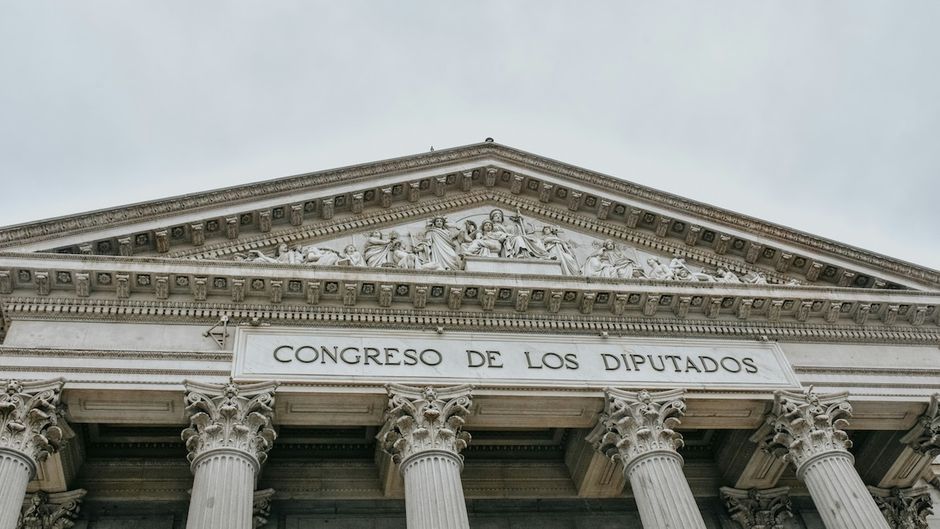Spanish evangelicals say plan to protect democracy “demeans the value of spiritual beliefs”
“Spiritual beliefs and feelings cannot be disregarded as irrelevant”, says the Spanish Evangelical Alliance in a document on the government's new Democratic Regeneration Plan.
BARCELONA · 01 AUGUST 2024 · 10:31 CET

The Spanish Evangelical Alliance (AEE) has published a document analysing a new Democratic Regeneration Plan proposal presented by the Spanish government.
The Alliance said it hoped to “make contributions as an evangelical or Protestant entity”.
The government's proposal focuses, above all, on three main axes. One related to the executive branch, which includes measures such as an Open Administration law, to expand and improve the quality of institutional information, through the approval of a national strategy.
Another axis has to do with the legislative branch and includes, among other things, applying sanctions to deputies and senators who do not present a declaration of assets, as well as the obligation to participate in electoral debates or reforming the electoral law so that published polls must include micro data and the methodology for estimating results.
The third and final axis refers to the media. The government proposes measures such as limiting government funding to the media, renewing transparency standards so that the public can know the sources of media funding, as well as their shareholdings and audience ratings, and measures to protect editorial independence.
Support for practical transparency measures
“We certainly support the goal of separating truth from lie in the media”, points out the Spanish Evangelical Alliance.
However, “that is difficult in an environment where subjectivity is increasingly exalted and the distinction between what is right and what is wrong becomes relative. In this context, how do we define the criteria of truth?”, they ask.
“The commitment to truth is precisely an area in which spiritual convictions and beliefs provide unavoidable support”, adds the AEE.
The evangelical document reaches out to the government in the proposal, supporting the process, which they consider “an imperative need”, and offering to collaborate.
But they also claim that “this regeneration must go to the roots of the model of society that we want, and in that model the deepest shared values must be present, and again there are the spiritual values”.
“Spiritual beliefs and feelings cannot be disregarded as irrelevant”
For the AEE, the main problem of the Democratic Regeneration Plan of the Spanish government has to do with the elimination from the Penal Code of the crime against religious sentiment, which also implies eliminating, for example, insults against the Crown.
The government's approach, “establishes in a discretionary manner, and without any justification, a distinction between religious or spiritual values and the rest of the deep values of the individual”, they stress.
They insist that “this is not the role of the legislator", as it has to do with “defining which deep values are respectable and which are not”.
According to the AEE, “the proposal demeans the value of spiritual beliefs and the necessary respect for them, ignoring their contribution as an engine of freedoms in countries with a Protestant culture”.
“The plan reflects the widespread ignorance of Spanish society about the relevance of religious feelings and biblical principles in the configuration of the Western democratic system”, they add.
They also regret that “it is intended to isolate faith to privacy, to disassociate it from its legitimate presence and transforming power of the political worldview”.
“To decriminalise humiliating attacks on faith in public life is a kick in the teeth to the history of democratic freedoms”, underlines the evangelical entity.
For all these reasons, the AEE stresses that “spiritual beliefs and feelings cannot be disregarded as irrelevant”, since it is impossible, they say, “to build democracy by discriminating against believers”.
“Lifting the ban on public attacks on beliefs is a poorly considered step backwards in democratic regeneration”, the Evangelical Alliance concludes.
One more year
Learn all about our #OneMoreYearEF campaign here (English).
Published in: Evangelical Focus - europe - Spanish evangelicals say plan to protect democracy “demeans the value of spiritual beliefs”
